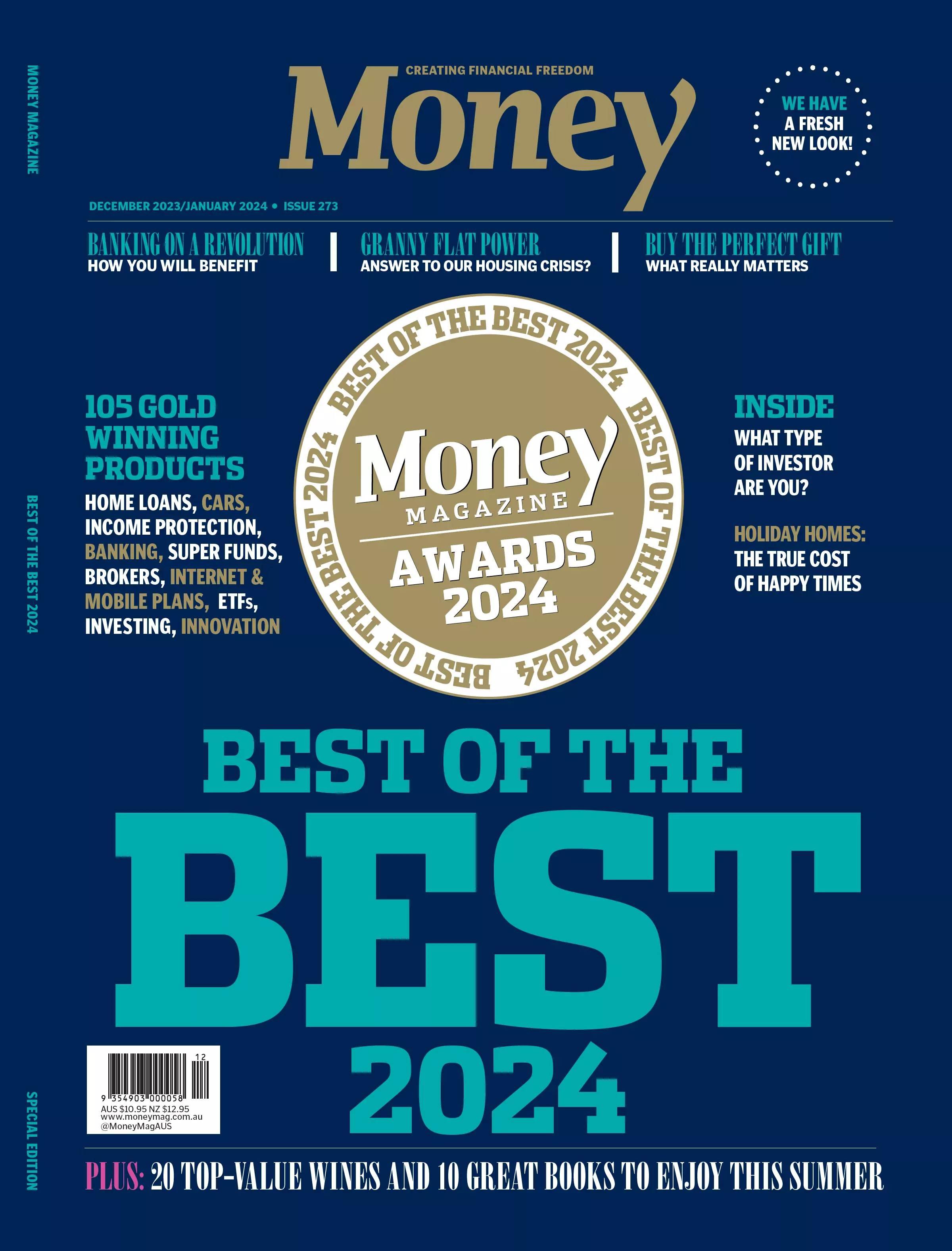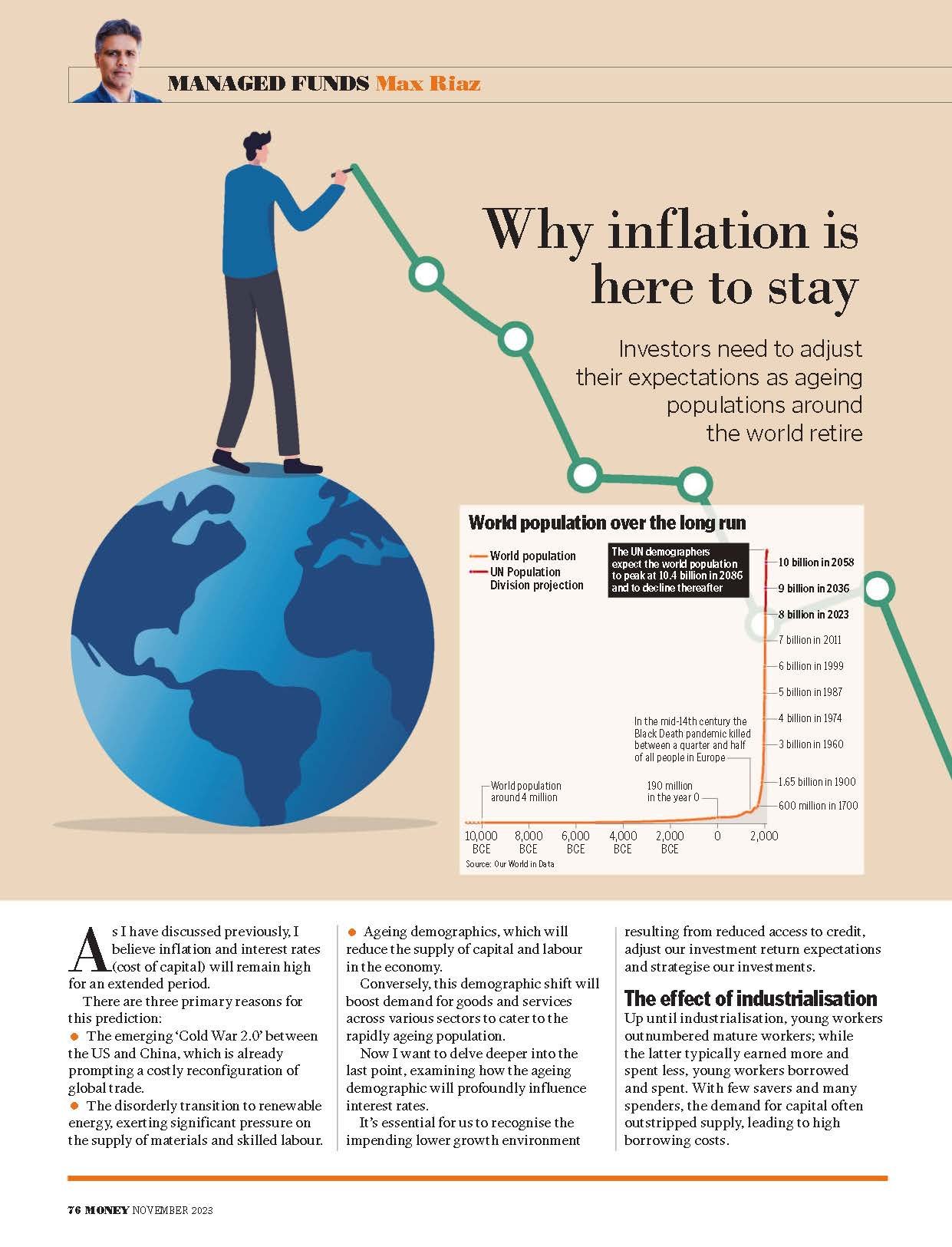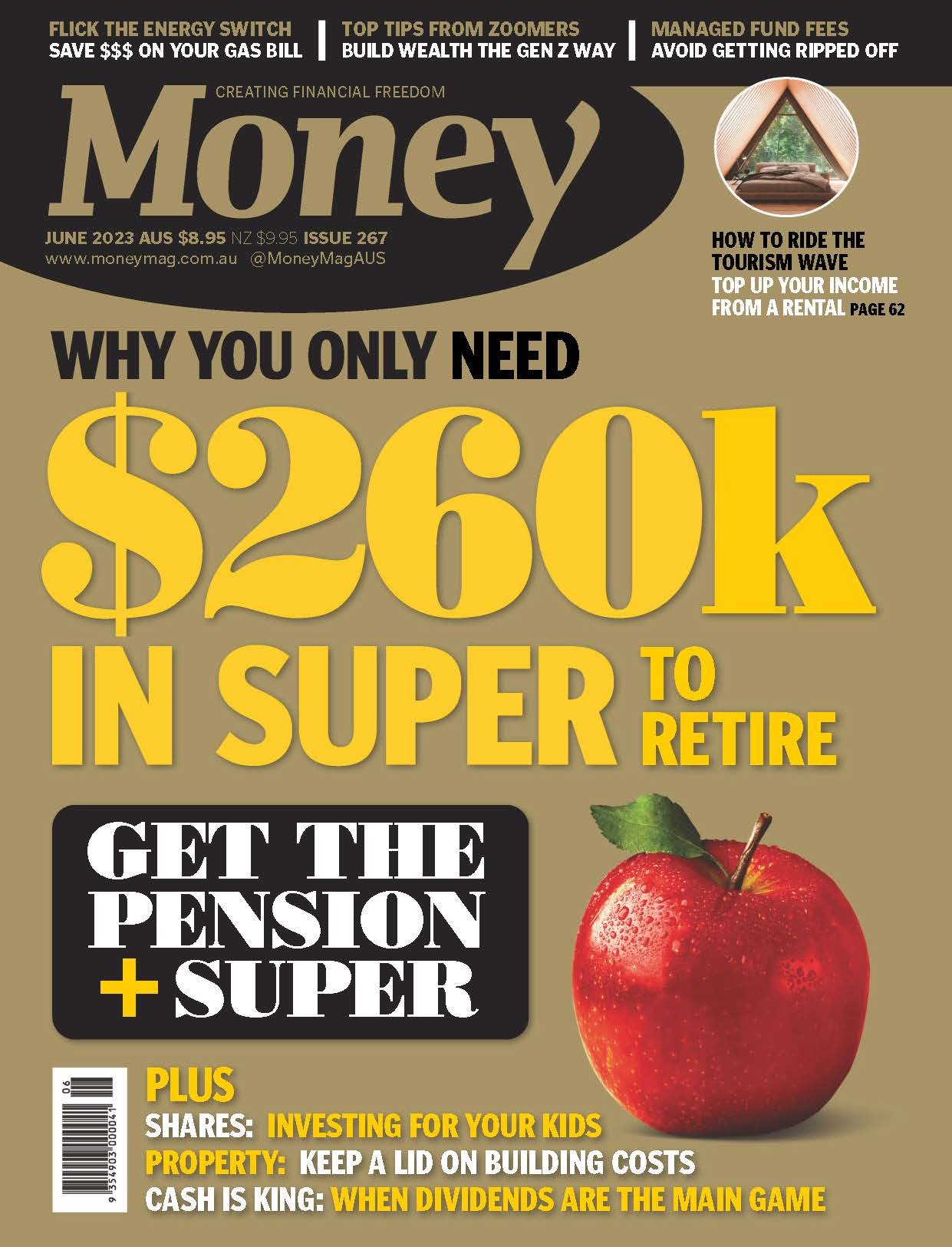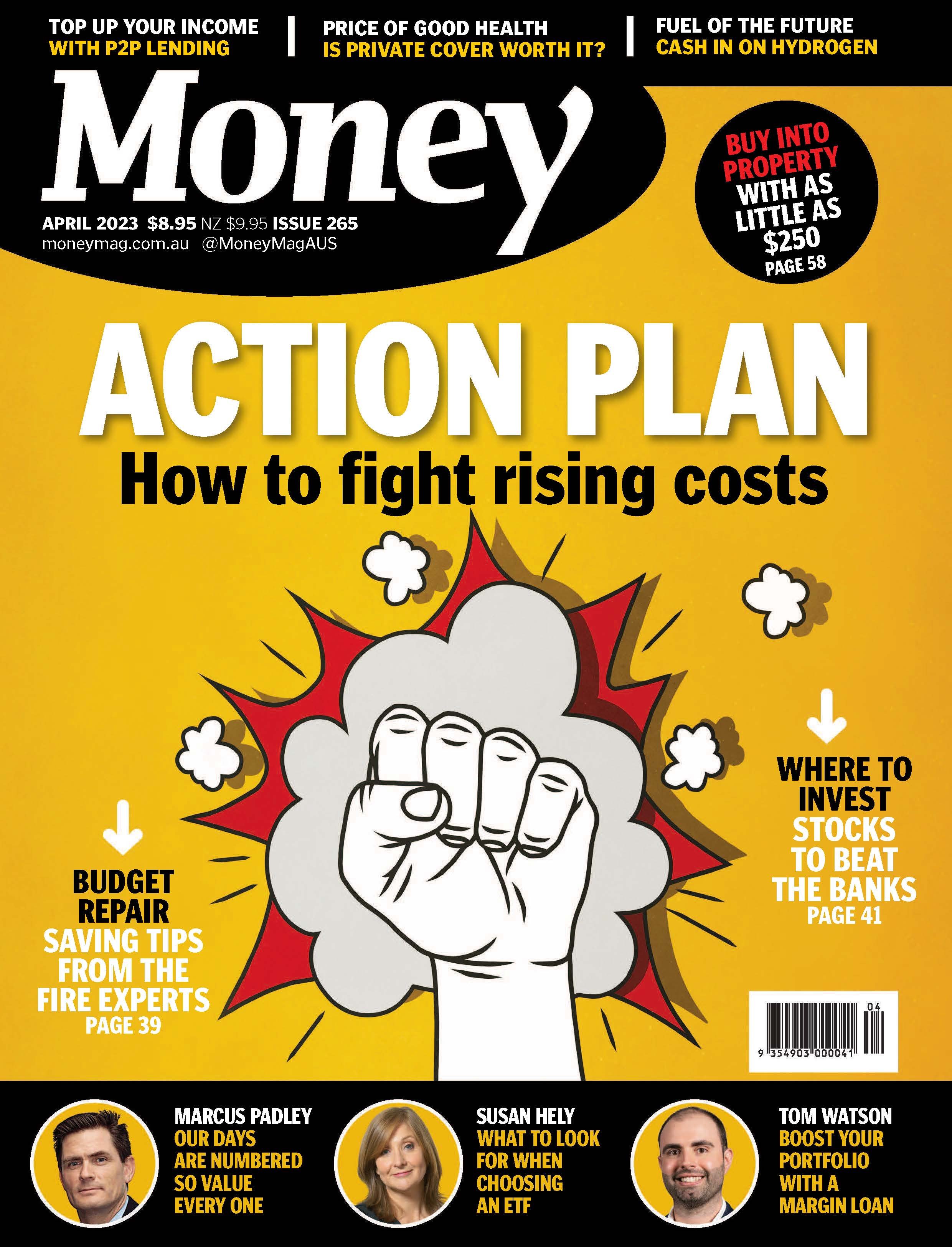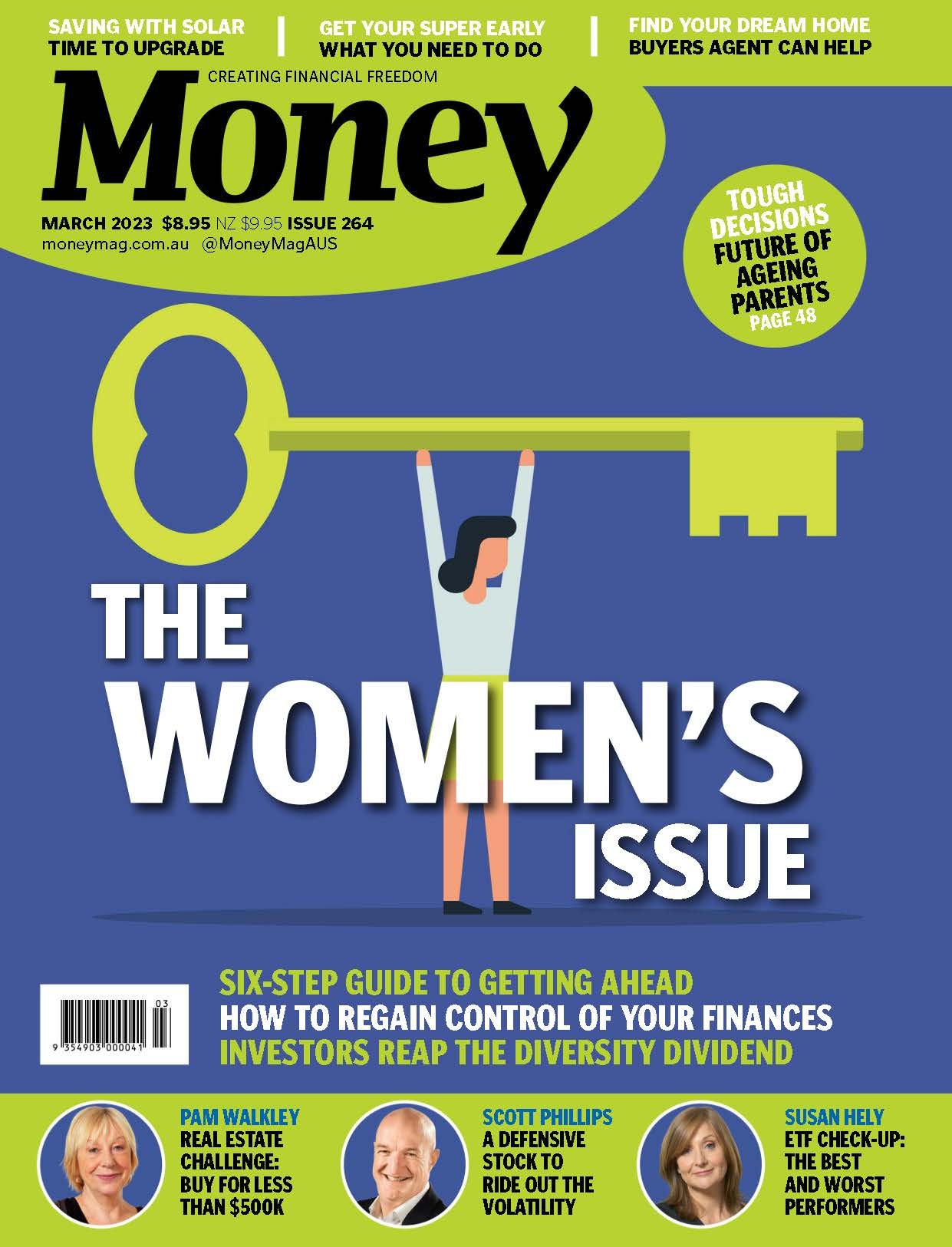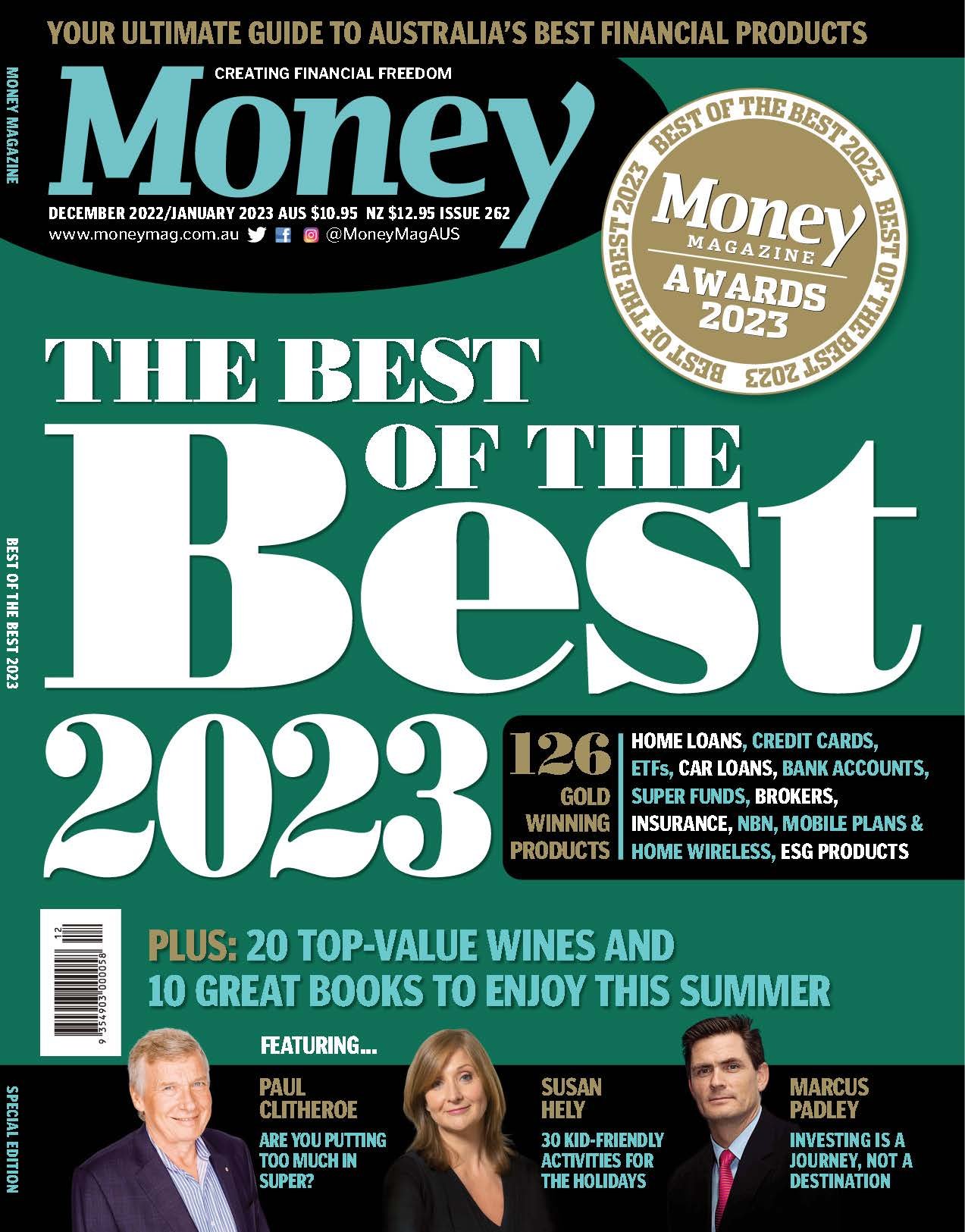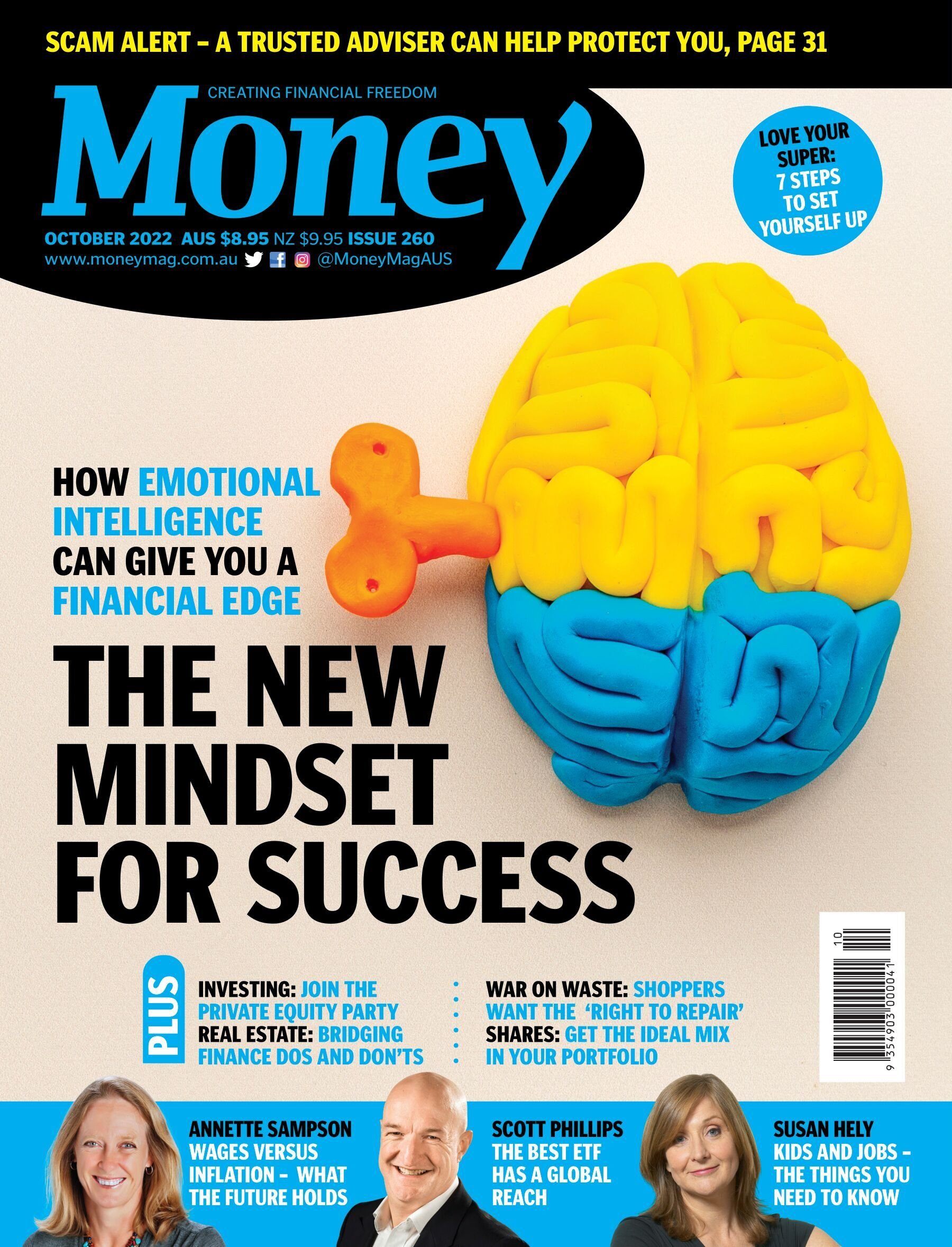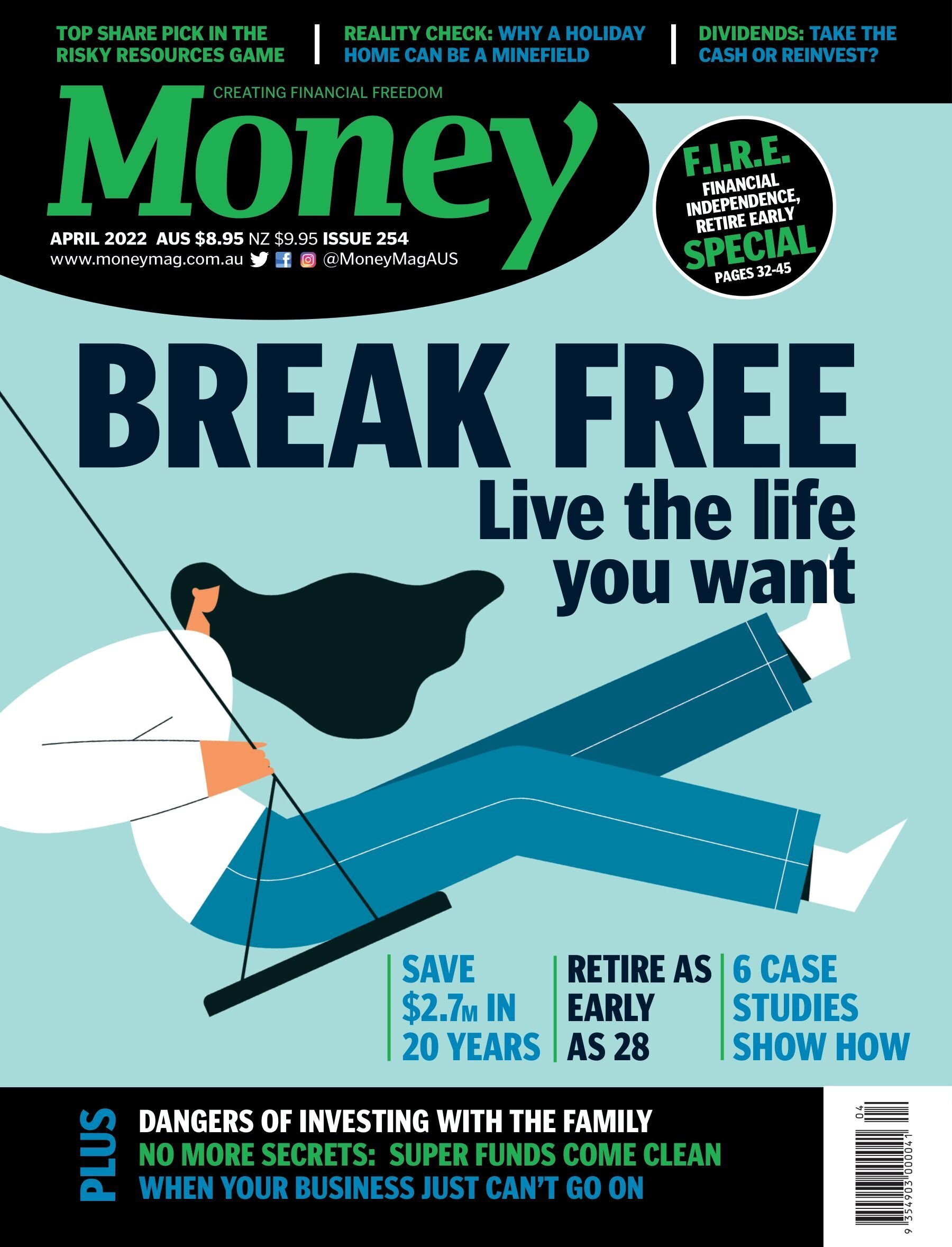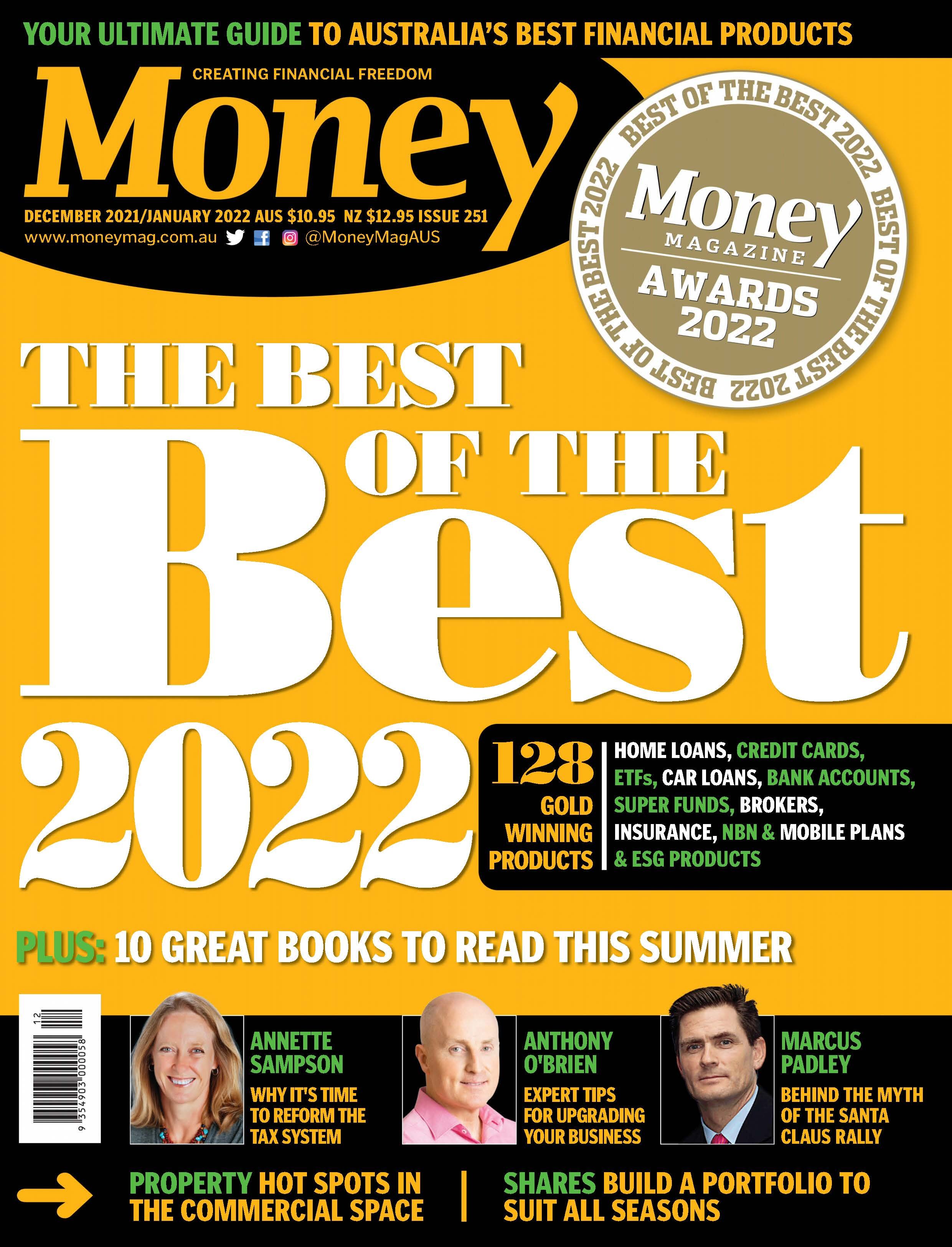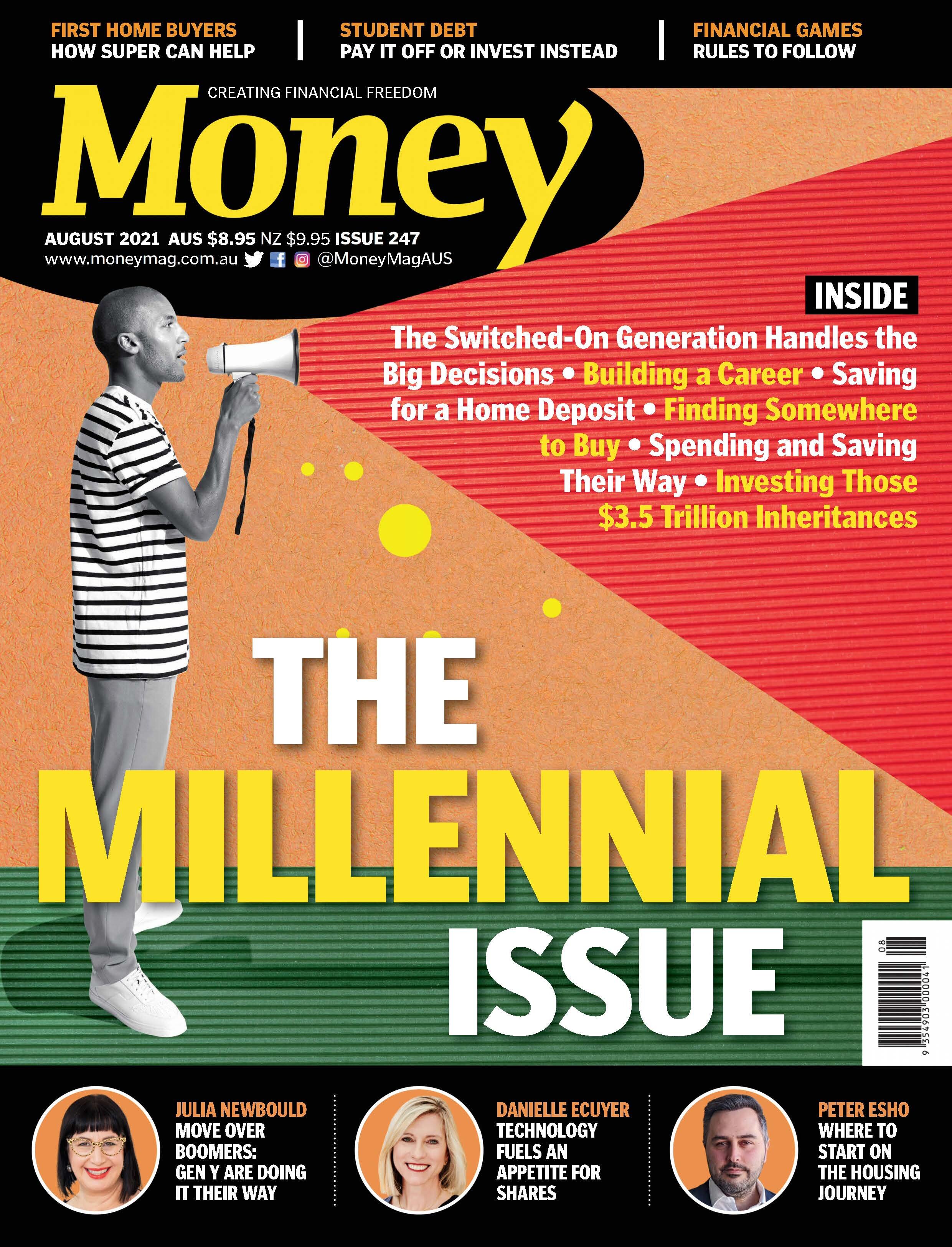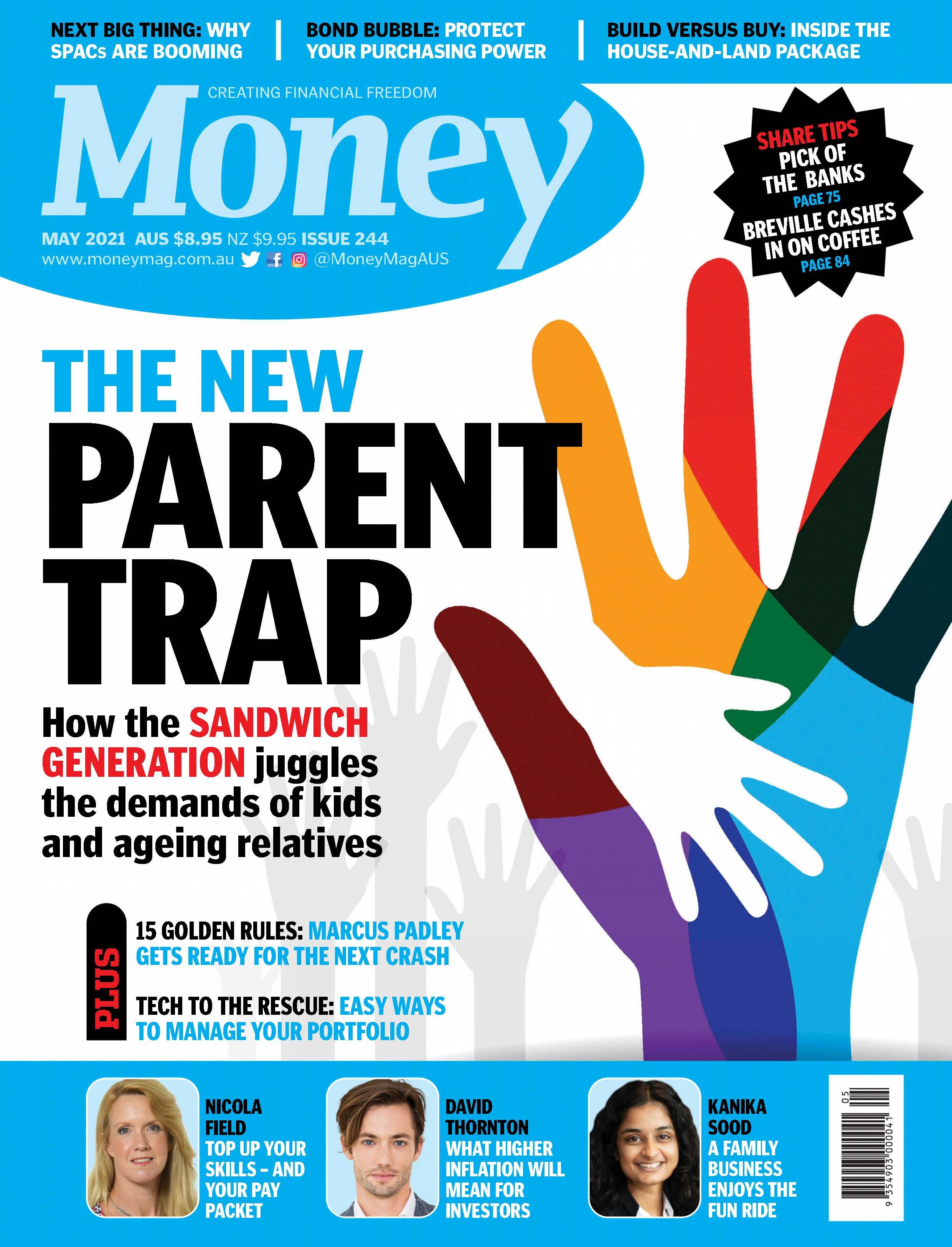Companies that don’t innovate will disappear within 15 years
/A sustainable business model is no longer just about managing risks but it is about pro-activity in building models which create positive impacts and fix broken systems around us. The companies that are on the front foot with this approach will be the ones to live to see the next few decades. Others will simply fall by the wayside. It is estimated that the average lifespan of a company in S&P500 index will fall to less than 15 years within the next 10 years.
The trend is definitely downward and paints a crisis situation for achieving sustainable business models. The shortening lifespans of companies may also impact the way investors value companies. Financial models using discounted cash flows methodology rely on companies existing in perpetuity with eternal growth rates and terminal value contributing around 50% of the total valuation of the company. Astute Investors will increasingly question whether it makes sense to ascribe 50% terminal value to a share price when the underlying company faces significant existential risks in just fifteen years. No sector is a sacred cow.
Companies need to start seeing the growing world and its problems as an opportunity to make an impact. They cannot just view the world of 10 billion people as an unnavigable challenge but a massive market opportunity and possibility for creating an enormous amount of wealth in the process across banking, retail consumer products, agriculture, and healthcare.
These industries are currently in a situation where, for a variety of reasons related to the exponential pace of technology and regulatory easements encouraging greater competition, they are ready to be disrupted. The author of this article, before joining Banyantree Investment Group, led a successful aged care business in Australia and experienced first-hand a healthcare sector which is yearning for innovation and in many ways a rethink in the way healthcare is delivered to a burgeoning population with increasingly complex healthcare needs. If left unaddressed, we are looking at a certain fall in the quality of healthcare with rising healthcare costs for both the government and the public.
Companies in most industries and in large market indices globally are implementing reactionary strategies and generally speaking are not spending enough time and resources on reinventing their business model. While it is the hardest thing to do, it is certainly the best thing to do if Boards of listed companies were to take seriously their fiduciary responsibility of shareholder interest. We look at companies like Telstra and AMP and wonder how they have seen their business models shrink when they have had ample time to reinvent ahead of the curve. In the future, it is unlikely that others will be afforded such long periods of decline.
“With shortening corporate lifespans, does a DCF model with terminal value comprising 50% of total valuation pose an inherent risk to valuation of some companies?”
Companies must ask themselves how they can completely re-imagine their role that they play in their customer’s life or how they can reimagine the way they deliver value to fulfil a fundamental human need. Innovation is all about shaking up the status quo and taking the company into a different future. It requires a degree of open-mindedness, courage, and leadership to educate the shareholders and stakeholders and take them on the journey with the company.
Change is frightening, as usually during times of transition a lot of parameters, that set traditional norms and boundaries for a company which people become accustomed to, go in flux and new approaches get introduced. In our view, the longer innovation is left undone the higher the stakes become to make the change or face disruption from outsiders. It is not difficult to observe companies for their products and services and see which ones have changed their value proposition dramatically from those that remain largely unchanged or at best tinkered at the edges.
The silver lining for change in the current environment is that the rapid expansion of technology has allowed companies to literally build new industries in two to three years where in the past it took them a hundred years to do the same with a lot more investment. Technologies are incredibly scalable nowadays that can deal with complexity. Companies need to think of their customers first when innovating, even if it means at the expense of their legacy business models and operating margins.
Companies must take the view that disruptive forces from outside are not only inevitable but also imminent. It is simply irresponsible to rely on a protective regulatory environment as a shield as politicians themselves are increasingly under political pressure to allow more competition for improved products and services and drive down retail prices.
We face some absolutely huge and audacious goals as a planet that we need to solve if we are not going to wipe ourselves out. The Internet has become the medium that has over time increased the currency of trust when interacting and transacting online or electronically. A key theme to emerge has been the peer-to-peer transaction model over popular platforms such as Uber, eBay, Amazon and the like. We are moving away from transacting with a centralised system to a more peer-to-peer and as consumers, we are comfortable with it.
A good trifecta for disruption that we see playing out time and time again is this notion of excess capacity, the sharing economy, and crowdsourcing. The sharing economy has many definitions, but essentially it is an economic system that takes unused assets that can be anything from spaces of physical nature (private cars/Uber) to capital and unlock the value of those by matching the haves and have nots in ways that create greater efficiency and access. This is not a technology trend, it is really a transformation in how we can utilise assets and the flow of value and trust and this is just the beginning.
The sharing economy will continue to become more pervasive in our lives as the new clever economy is able to scale things at an amazing speed and allows for hyperlocal adaptations everywhere. It is the economy of the future. Our view is that the day is not too far away when we will see big areas such as enterprise and industrial assets like shipping, logistics, heavy machinery and equipment, utilities seeing uberisation. This will be a challenge to counter for big asset firms.
There are a number of different technologies that are coming through now which offer a great deal of potential to address some of the critical social and environmental challenges. Companies need to think about how they take these new technologies and create business models that will shift the economy on its foundations.
The opportunity is there for grabs equally for small, medium, and large companies. With outside disrupters eyeing huge potentials for impact, large companies must get on the front foot or else lose their positions that were often decades in the making! At Banyantree Investment Group we look to fortify our portfolios with companies that are getting on the front foot with their business model and increasing the chances of defying the gravitational pull into obscurity over the long term.





